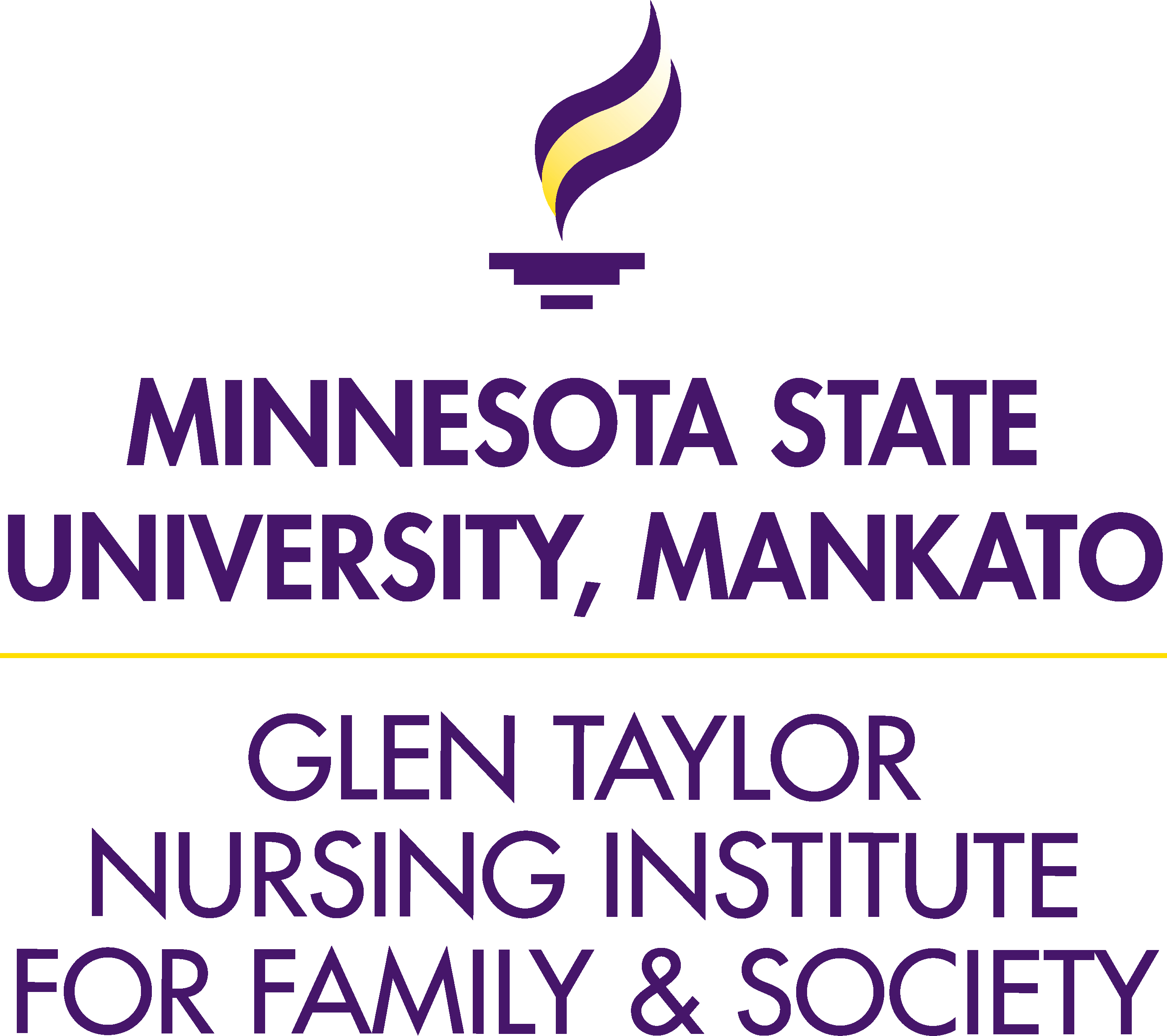 This semester, my colleague and fellow IFNA member Karen Rose and I are co-teaching a new topical graduate-level course on aging in the 21stcentury. It’s a seminar course covering a variety of topics based on competencies in gerontology for graduate education from the Association for Gerontology in Higher Education, as well as the program from the 21stInternational Association of Gerontology and Geriatrics World Congress held in 2017 in San Francisco. The vast majority of the readings for the course are articles so recently published that many are only available online ahead of print.
This semester, my colleague and fellow IFNA member Karen Rose and I are co-teaching a new topical graduate-level course on aging in the 21stcentury. It’s a seminar course covering a variety of topics based on competencies in gerontology for graduate education from the Association for Gerontology in Higher Education, as well as the program from the 21stInternational Association of Gerontology and Geriatrics World Congress held in 2017 in San Francisco. The vast majority of the readings for the course are articles so recently published that many are only available online ahead of print.
A significant portion of our course planning was thinking about how this course could be delivered via distance education given that the graduate programs here in the College of Nursing at the University of Tennessee are based on this model. This distance education model is becoming increasingly common in the modern world, particularly with regard to graduate education. While online teaching offers a great deal of flexibility for students and instructors, it requires more planning and preparation in advance, which can be challenging for a new course.
However, one of the perks of distance education and online teaching is the incorporation of technology to facilitate learning. Video conferencing platforms like Zoom allow us to meet with our students across distances great and small. Having access to this technology allowed Karen and me to model our online discussions like an academic journal club. These sessions give us the opportunity to delve more deeply into the topics and readings with our students. It also affords us the unique ability to invite experts into our class to share their wisdom and scholarship.
This semester, we’ve done just that. Janice Bell was able to join us in early October prior to traveling to Iceland to facilitate externship experiences with Lorraine Wright. Meeting via Zoom, which also can be used in more traditional classroom settings, allowed the students to engage with a leading expert in family nursing and family focused care in a way that was meaningful, intimate, and profound. At the end of October, Valerie Gruss from the University of Illinois-Chicago joined us to share her insights regarding integrated geriatric care both in the U.S. and in China. These sessions remind of Skype a Scientist, a recent initiative to bring researchers into the classrooms of elementary schools around the world.
In addition to this video conferencing technology, Karen and I are making use of Twitter to share resources with our students using #N577 (the course number). In addition, students will be using Twitter to locate resources and engage in discussions as part of the topics explored in the class. In another nod to Twitter, one of the course readings is a memoir written by Wendy Mitchell, who was diagnosed with young-onset dementia. Wendy maintains a blog, has a significant influence and following on Twitter, and is an amazing advocate for patients and families.
One of the things that I hope students come away with from this course is how practitioners and scholars can use technology to foster global connections in their work. I am grateful that my membership in and work on the Communications Committee of IFNA continues to strength my international network of colleagues and friends who share a passion for family focused care.
Joel G. Anderson, PhD, CHTP, FGSA, is an Associate Professor at the University of Tennessee College of Nursing and a member of the IFNA Communications Committee. His research examines family quality of life in dementia and issues related to caregiving, including the use of social media as part of the family caregiving experience and the unique needs of the LGBTQ+ caregiver population. You can follow him on Twitter at @JoelAndersonPhD or read his blog.
